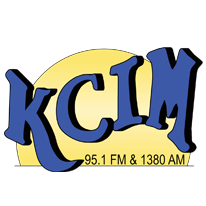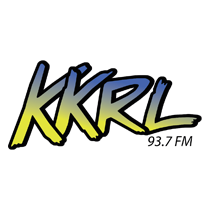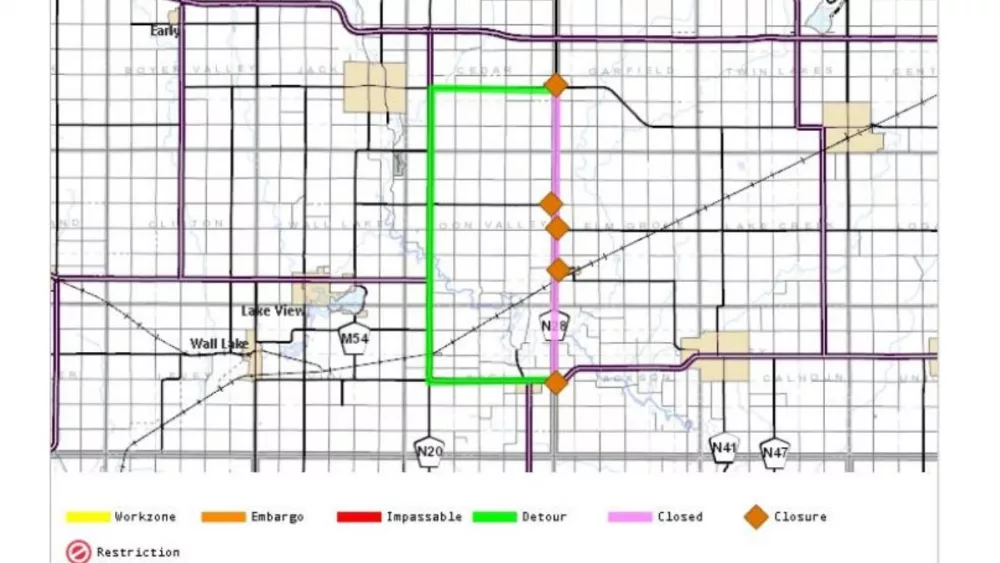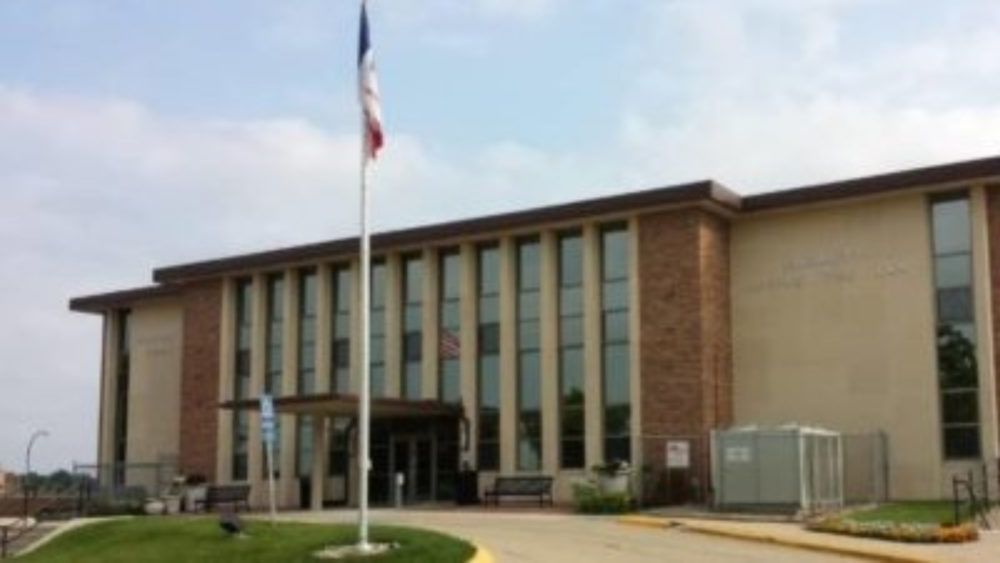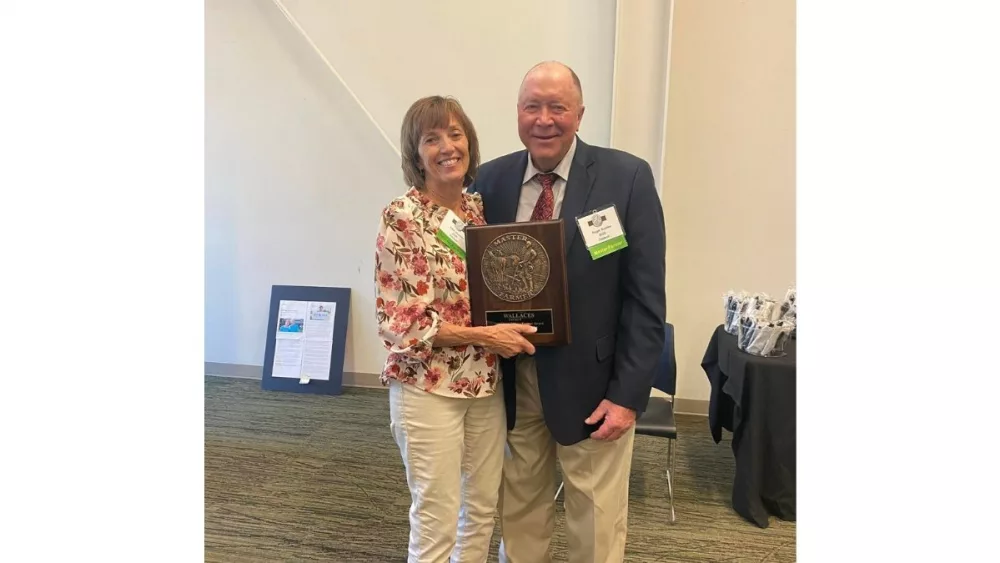Carroll County Treasurer, Lisa Wagner, told the Board of Supervisors they have several new faces after changeovers. She says this has also resulted in a shifting of duties and responsibilities for some and she had worked to adjust compensation to fit the changes. Wagner explains reassignments.
The Treasurer’s Office is also tasked with being the local driver’s license station for the Iowa Department of Transportation (DOT). Wagner says in her department, it only takes moving one person to create a trickle-down effect.
Wagner says this group issued about 1,000 more licenses than the year before along with more testing, medical card filings and other associated non-tracked tasks. Motor vehicle registrations were also up over the past year. Supervisor, Stephanie Hausman, appreciates a chart presented by Wagner that outlines the changes in duties, responsibilities and pay rates. She says she does not want to micromanage any department, but would like more communication.
Wagner is happy to do that and offered to submit reports on any schedule the supervisors’ request. She adds they simply did not expect to make the initial changes with three employees over just 15 months, a situation that started the domino effect and there is room in her department’s budget for these changes. Hausman explains she is looking at the data as an outsider.
Other supervisors, Rich Ruggles, Gene Meiners and Dean Schettler, agree that when it comes to salary impacts, they want to know about it in advance. Even though the elected official does have the authority to make appointments, the supervisors have ultimate control over the budget. Chair, Meiners, says the information was actually presented to the board by a private citizen. Schettler and Meiners say when these things happen, they often get contacted personally.
Auditor, Kourtney Payer, points out the state auditors will also want to see the approval for these changes in the minutes. Even though the board had issues with communication throughout the process, they approved the changes as a necessary part of their operations and have set the foundation for more open communication channels in the future. Full audio of the discussion can be found below.


